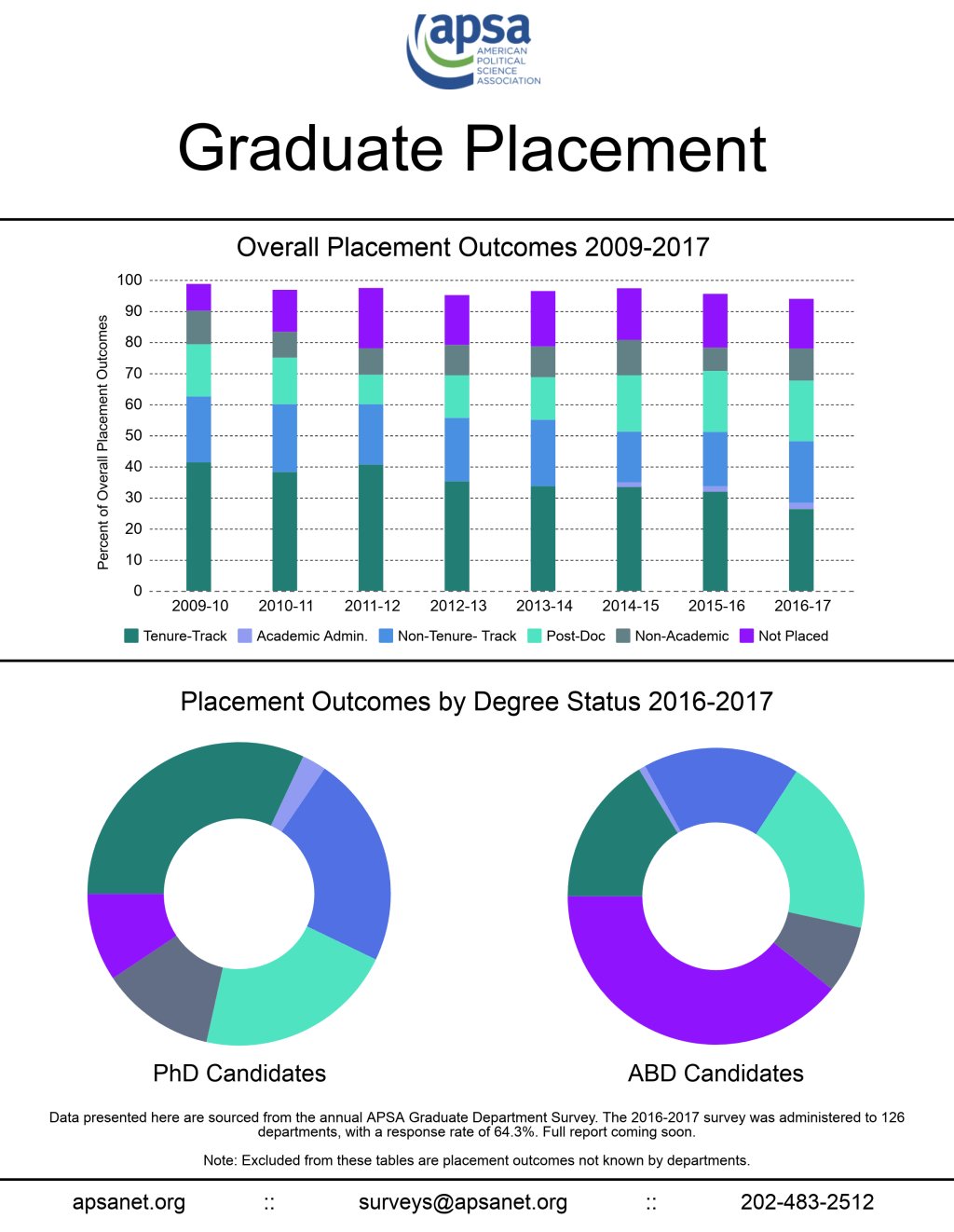This is what we got:
Our warriors in Afghanistan also have new rules of engagement. Along with their heroic Afghan partners, our military is no longer undermined by artificial timelines, and we no longer tell our enemies our plans.Wow, that clarifies everything! What are the new rules of engagement? There is so much wrong packed into this one sentence that I am tempted to post a certain pic:
Ok, not everything is wrong--the Afghan security forces (when some of them are not raping kids) are pretty damned heroic. They have been paying a huge price and have not yet broken. But if the rules of engagement are looser, rather than tighter, what this really means is almost certainly more civilian casualties, and that will probably undermine the effort. Sure, Afghanistan is a damned if you, damned if you don't place as the work of Jason Lyall indicates. Also, the folks who pushed for tighter rules and less collateral damage included the generals. Stan McChrystal had many faults, but his push for courageous restraint was probably one of the most significant contributions he made--that sometimes it is better not to shoot at a high value target if it means lots of civilian casualties and waiting for another day and less problematic opportunity makes sense.
Trump's line about artificial timelines is not wrong either but not entirely right. Because having no deadlines, and even more importantly, no strategy and no clear desired outcomes means that this is, indeed, a forever war. When will the US be ready to leave Afghanistan? What conditions will permit it? Is the US effort really doing anything that, dare I say it, hastens the day that they can leave?
The whole "We don't tell our enemies our plans" thing has always grated at me. It is one of those incredibly dumb Trumpisms that he gets addicted to. No, we have never told our enemies our plans (although Trump does tend to tell our adversaries about our intelligence programs and those of our allies), but having a plan is a good thing even if they are not always realized. Again, what is the strategy here? While specific tactics should be secret, to get everyone moving in the same direction towards a desired goal (the military would say endstate), the major players all need to know what the strategy is--the Afghan government, the allies, the State Department, USAID, um, the military, etc.
Anyhow, no explanation or even description of the escalation of numbers of troops, just a hint that the use of force is escalating. Is this a bad thing? The old rule that one should never want to be mentioned in the State of the Union probably does not apply here, since Afghanistan should be a priority but is being treated as a throwaway line. And, yes, it suggests that we are throwing away the lives of those wounded or killed there without much thought.
































